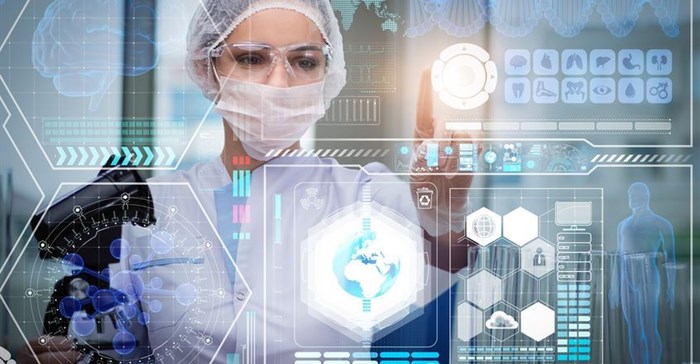Top 5 Industries to benefit from AI

1. Education
AI will likely be used predominantly to take the labour out of admin during the early stages of implementation, taking over things like grading assignments, recording marks, and any other computational tasks where machines could surpass people. The human element, however, will remain a constant in the form of teachers who will have greater freedom to focus on students’ individual needs and finding ways to fill gaps in learning.
Most notably AI is used to mark multiple-choice tests, but advancements in machine learning could soon enable it to evaluate and efficiently mark written responses. The technology could also be utilised to make the enrollment and admissions processes at educational institutions more efficient.
2. Finance
Collecting financial data, providing personalised customer service with chatbots, managing investments, using predictive analytics to better understand stock market changes… These are all ways that AI can be used in finance. One of the biggest benefits AI can have in finance is risk assessment, since learning from past data is such a fundamental part of what AI is.
According to a PWC report on artificial intelligence and digital labour in financial services, machine learning, auto process discovery, and natural language processing will be the next steps in intelligent process automation used by financial firms. Augmented intelligence, a form of AI that draws heavily from human interaction, will go a long way in helping people make decisions. Even just in terms of things like chatbots and personalised customer service, AI will make major improvements to the financial sector.
3. Healthcare
The thought of AI combined with healthcare might be daunting, but as it stands, there is a lot to be gained. According to a Forbes article on the topic, there are already a number of real-world examples of AI being a tremendously beneficial addition to the healthcare sector. AI-assisted robotic surgery for example, where robots have been used for the first time to operate on an eye and also assisting in heart surgery.
Other examples of AI being used in healthcare include virtual nursing assistants, the automation of administrative tasks, improvement on radiology tools, assisting in clinical judgment or diagnosis, and the potential for early detection in strokes and cardiac arrest. There is, of course, still a lot of research to be done on the subject and the fear of machine error to consider, but these examples and many others are proof that AI in healthcare makes for a good combo.
4. Transportation
Driverless cars have been all over the news in the past few years. If it’s not about demo’s and accidents, it’s about the rollout of fully autonomous cars in the UK. These vehicles are driven by AI that uses lidar scanners and calculated decisions to actually steer.
The main driving force behind autonomous vehicles is that they will make the road safer for both passengers and pedestrians, the idea being that human error is less likely to be a contributing factor in traffic accidents.
AI could also impact traffic flow. By collecting data and using AI to interpret it, you could apply it to traffic management, ultimately easing congestion and streamlining things. There’s also the optimisation of public transport in terms of scheduling and routing. Even traffic light algorithms can be improved with AI.
5. Manufacturing
In the context of AI in manufacturing, the first thing to come to mind is robotics, but that’s not all it’s limited to. According to Andrew Ng, the creator of the Google Brain project and professor of computer science at Stanford University, AI will perform manufacturing, quality control, shorten design time, reduce material waste, improve production reuse, perform predictive maintenance, and more.
Ng’s startup, Landing.ai, finds microscopic defects in products with a machine-learning algorithm trained on incredibly small volumes of sample images. When it detects a defect, it learns from it and issues an “automated issue identification.” This is an example of how AI assists in quality control, ensuring the output of a better final product.
Source: IT News Africa

IT News Africa, established in 2008, is a leading provider of Africa focused ICT news and information aimed at technology professionals and businessmen.
Go to: http://www.itnewsafrica.com





















